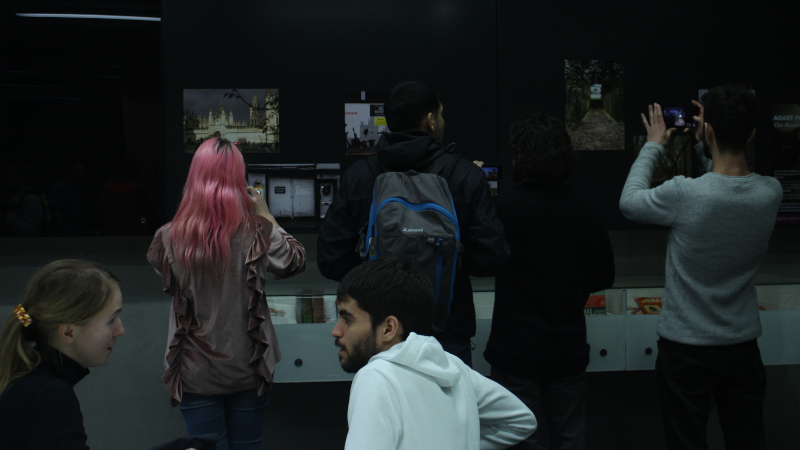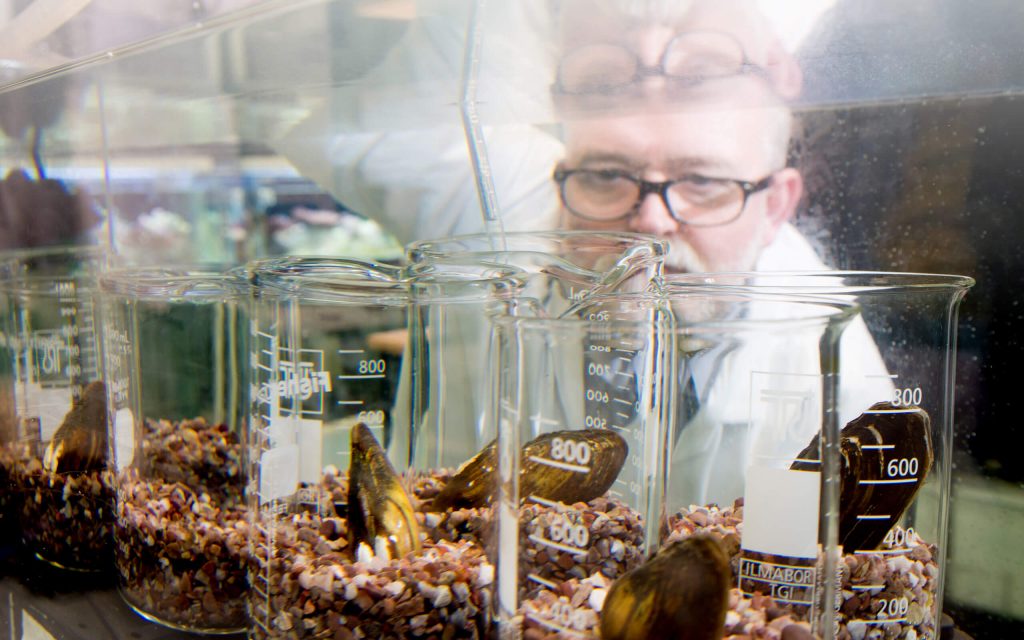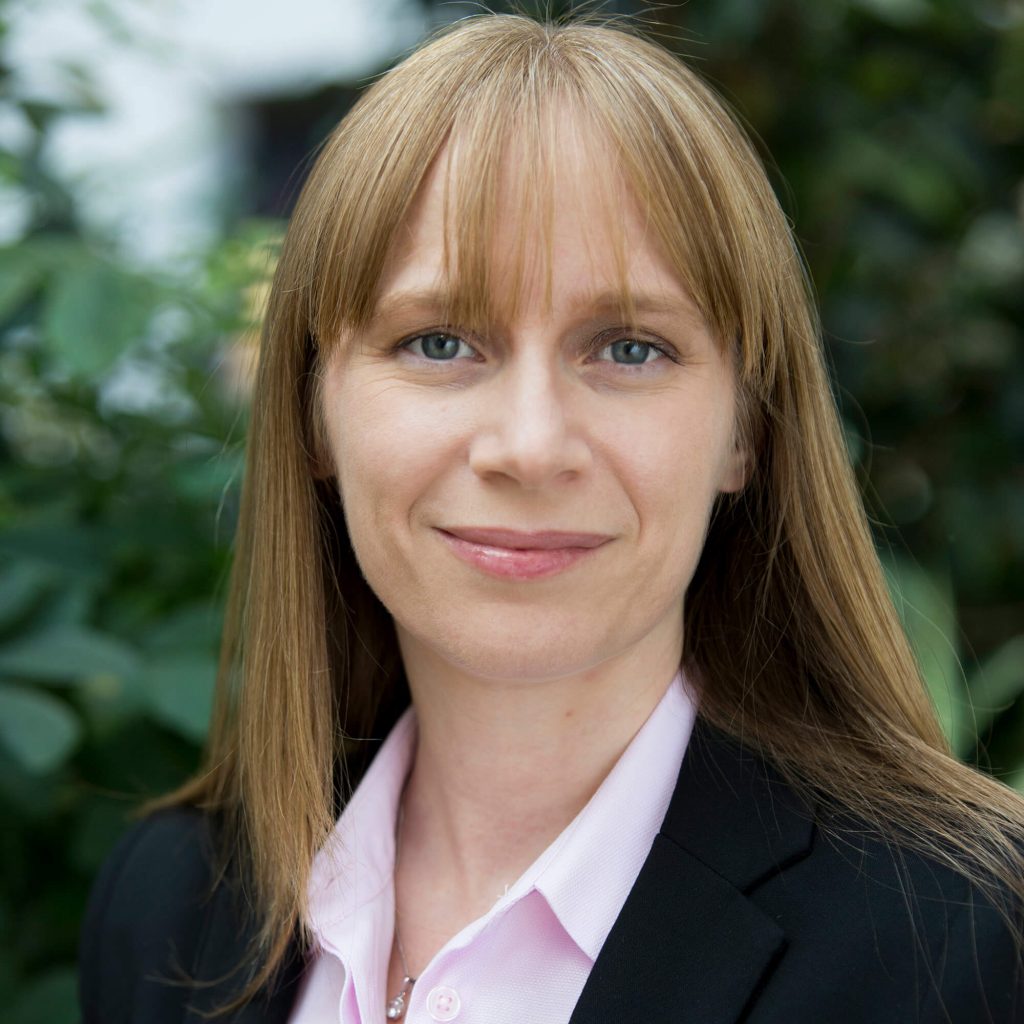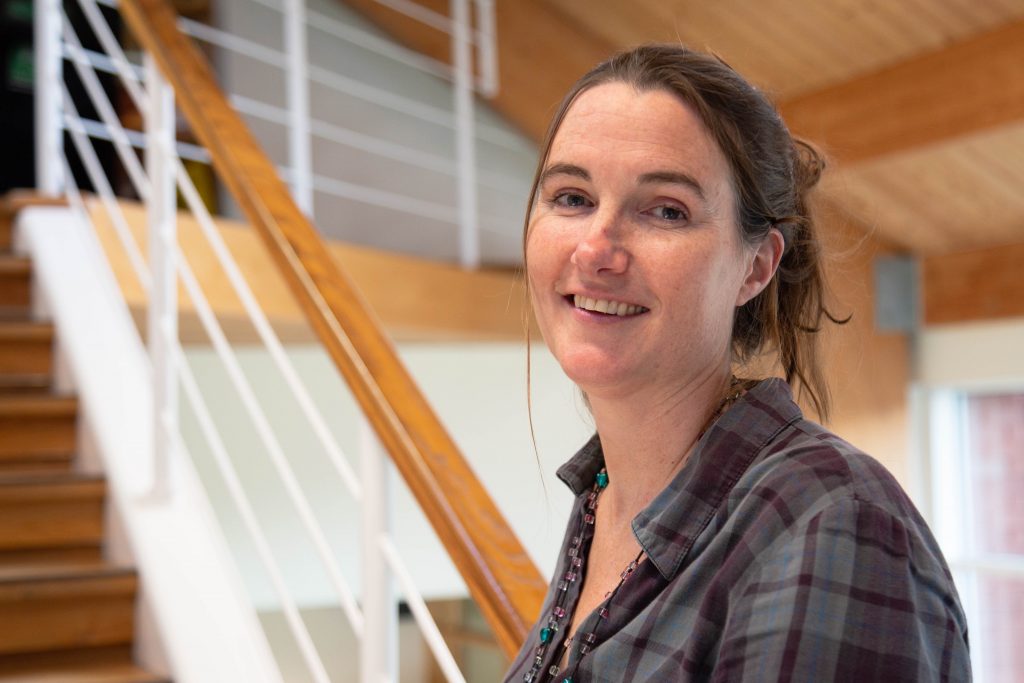Smarter, greener energy solutions – Teesside University
… Researchers at Teesside University have developed smart tools that automatically adapt to changing energy demand and production. This work has led to more accurate predictions of energy need and a significant reduction in energy wastage. And, in collaboration with industry, Teesside University research has enabled wind energy to be integrated into the National Grid – resulting in over 4.2 million homes in the UK being powered by offshore wind. …










